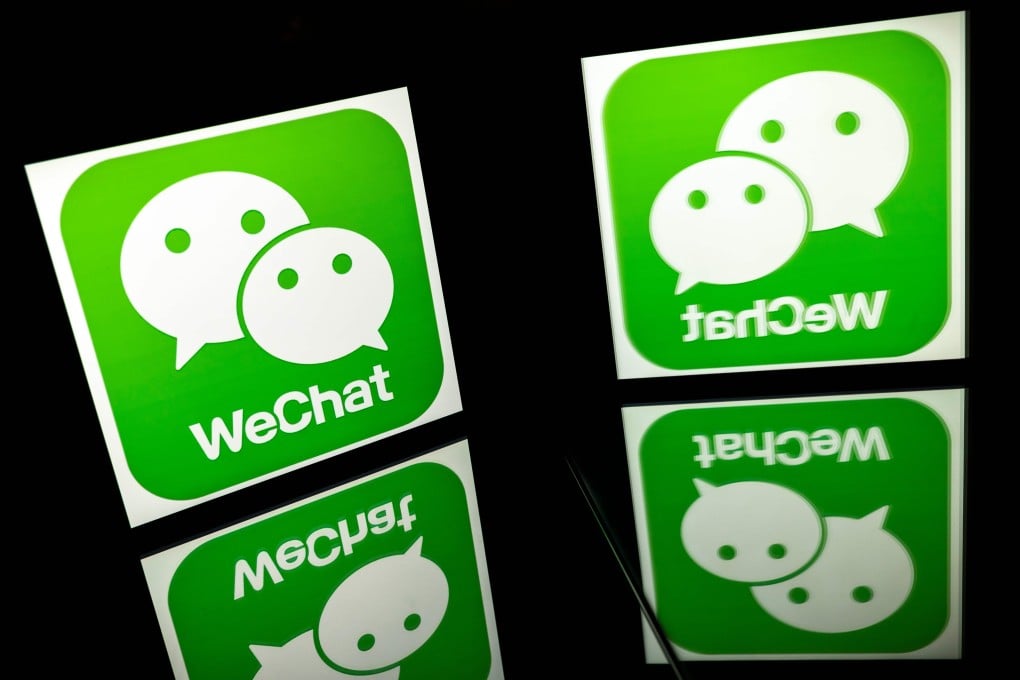Advertisement
Opinion | How Facebook’s Australia news ban could pave way for WeChat model
- Facebook’s action could leave it as a platform ruled by content houses spewing out huge volumes of low-quality articles
- In the absence of more traditional news on Facebook, fringe groups like anti-vaxxers, flat-Earthers and white supremacists are likely to gain a foothold
Reading Time:4 minutes
Why you can trust SCMP
3

Facebook’s “news ban” in response to Australia’s proposed media bargaining code has been hard to miss if you have spent any time on social networks in the past day or so. The social media platform has effectively halted all posting of links from Australian news pages and stopped people in Australia from posting or viewing international news as well.
The change happened overnight, and may be undone if either Australia or Facebook backs down. But if the current situation continues, it may leave Facebook operating much more like the Chinese platform WeChat, where news is ruled by platform-specific content houses cranking out huge volumes of low-quality articles. And that might suit Facebook quite well – if not the public.
WHAT IS WECHAT?
WeChat is the major social media platform in China. It’s also used by many people around the world, including in Australia. While China and Australia have very different political systems, this shouldn’t stop us paying attention to their similarities.
WeChat is as privately owned as a company can be in China, and is often described as the Chinese Facebook. But WeChat is an even more pervasive platform, combining its own set of built-in tools, payment services and communications networks with a range of optional apps and utilities from messaging services to games and more.
In short, WeChat does everything. Because of this, entire news organisations have set up inside the platform. These are known as WeChat Official Accounts (WOAs), and are roughly equivalent to “blue tick” accounts on other platforms such as Twitter.
Advertisement

